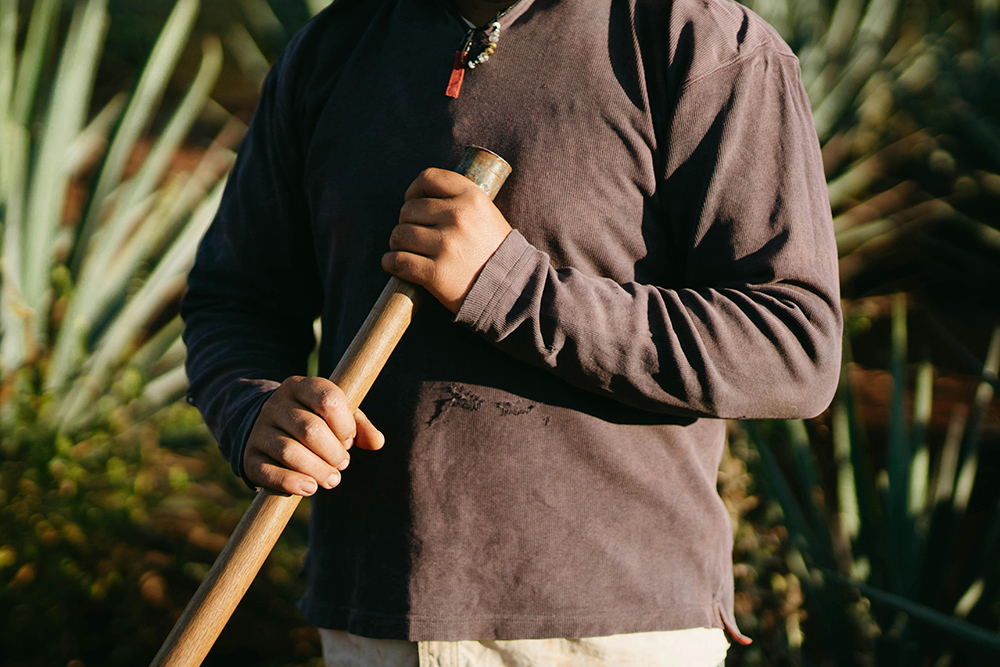
(Photo source: Pexels)
There was once a hardworking farmer who tilled the land well, reaping abundant harvests. One day, a monk came to seek alms. The farmer saw the tranquil monk come and go so freely and became inspired to pursue spiritual practice.
After he went back home, he decided to give up everything and live the life of a wandering monk, sustained by the generosity of thousands of households. When he stepped out the door, he suddenly felt not used to his empty hands, as he always carried his hoe wherever he went. Now, having to give up everything left him feeling a sense of loss. Unable to bear it, he went back inside, picked up the hoe, and examined it carefully. The hoe, which he had used daily, had a handle polished smooth and shiny from years of use. It was difficult for him to part with it. After caressing it repeatedly, he wrapped it layer by layer with cloth and placed it in a safe spot. It was only then he felt at ease and stepped out to begin his new journey.
After the farmer became a monk, he was steadfast and diligent. However, whenever he saw lush green grass, he would involuntarily think of his hoe. He often could not resist running back home to look at it, carefully unwrapping the cloth, caressing it, and then wrapping it back up before returning to the monastery.
Seven or eight years of practice passed, and he began to wonder, "Despite all these years of earnest effort, why have I gained nothing?" Eventually, he realised that there was still something he could not let go of! Determined to overcome this attachment, he returned home, retrieved his hoe, and went to the lake. He spun the hoe around several times and then, with great force, threw it into the lake. With a loud splash, it sank into the water, and the burden in his heart was lifted, as though a great stone had fallen away. “I have done it! I have conquered it!” he shouted joyfully.
At that moment, a king returning victorious from battle with his army heard the monk’s jubilant cry, “I have conquered it! I have succeeded!” Out of curiosity, the king approached the monk and asked, “What have you conquered to be so joyful?” The monk replied, “I have challenged the demons in my heart and have triumphed. I have completely let go of my attachment.”
Seeing the monk’s joy, which truly emanated from liberation and inner peace, the king reflected upon himself, "I wield such great power and led armies to victory in battles, but have I attained such inner peace and happiness?" He realised that he was not as fulfilled as the monk. Deeply impressed, the king remarked that conquering one’s inner demons is the true mark of a saint, while conquering armies is merely the work of an ordinary man.
We often say, “Let it go, take it easy!” These words are easy to utter but incredibly hard to practice. It is precisely because it is so difficult that we call it “spiritual cultivation.” Spiritual cultivation requires relinquishing our fixed views. If we cling stubbornly to our own views, we will only bring trouble to ourselves and others. This is the barrier created by ignorance! Such ignorance and troubles bind us to the endless cycle of six realms of existence, like a rope tangled with countless knots. So, how can we free ourselves? By giving up our fixed views and attachments.
Translated by Teo Jia Xin
